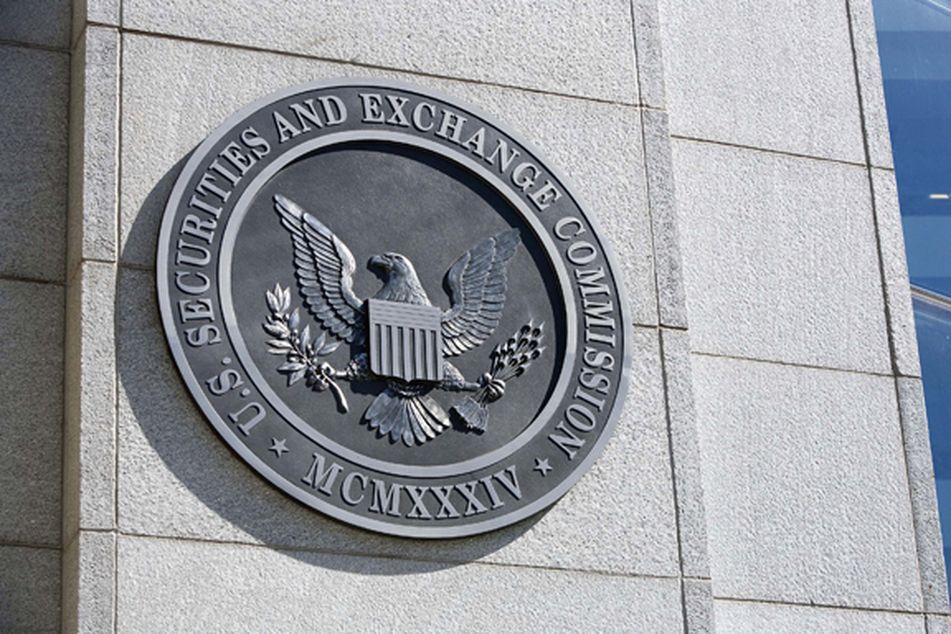SEC freezes advisers’ assets on ‘self-dealing’ claims

The U.S. Securities and Exchange Commission froze the assets of a North Carolina investment firm and its owner, claiming he diverted more than $16 million from clients including pension funds, school endowments and hospitals.
A Greensboro, N.C., investment advisory firm and its chief executive defrauded pension funds, school endowments, hospitals and non-profit foundations out of up to $65 million that investors presumed was invested in two hedge funds, according to federal regulators.
The Securities and Exchange Commission alleged today that SJK Investment Management LLC CEO Stanley Kowalewski put $16.5 million of the $65 million raised by his firm since the summer of 2009 in an undisclosed fund he created and controlled.
He used that third fund to buy a $3.9 million vacation home on Pawley’s Island, S.C., and used the fund to purchase his primary residence last year for $1 million above its 1996 purchase price. Mr. Kowalewski then lived in the house “essentially rent-free,” the SEC alleged.
SJK also took $4 million in the form of an “administration fee” and “salary draw,” the SEC claimed.
“Kowalewski treated these funds like his own personal bank account and siphoned off millions of dollars that his clients entrusted to him,” said William Hicks, associate regional director of enforcement at the SEC’s Atlanta regional office. “He breached his responsibilities as in investment adviser in the worst manner possible.”
The U.S. District Court for the Northern District of Georgia froze the assets of the firm and Mr. Kowalewski yesterday. The SEC is seeking the return of investor money, interest and financial penalties, and to bar Mr. Kowalewski from the industry.
Mr. Kowalewski’s lawyer did not return a call seeking comment.
The SEC alleges that SJK and its owner began diverting investor money to pay personal and business expenses in August 2009 soon after it began raising money from investors. SJK and Mr. Kowalewski said these expenses were “startup” costs for the two hedge funds they marketed.
The firm and Mr. Kowalewski sent out fraudulent monthly investor statements that showed “substantial and positive” investment returns, the commission said. Mr. Hicks said he wasn’t sure whether all $65 million of investor money had been used fraudulently.
The Dodd-Frank Act requires advisers of hedge and private-equity funds to register with the SEC if they have more than $150 million in assets under management. Mr. Hicks would not “speculate” as to whether this stricter registration requirement could have prevented investor losses.
Learn more about reprints and licensing for this article.








